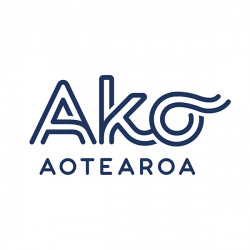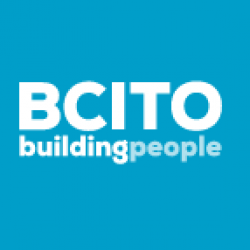
Review of good assessment practice in industry training
Status
Completed: 18 October 2016
Project Details
A project that reviewed assessment practices used by industry training organisations (ITOs) to identify models of good practice. A collaboration of five ITOs, including ServiceIQ, BCITO, Primary ITO, The Skills Organisation and Competenz.
Aims:
The primary aim of the project was to identify models of good assessment practices within industry training organisations (ITOs) and present them as case studies for the industry training sector.
Methodology:
The methodology of the project was an evidence-based review of assessment practices within industry training organisations (ITOs) to identify examples of good practice and to check alignment with the assessment principles in the 2010 guide to good ITO assessment practice by Vaughan and Cameron (originally produced with assistance from Ako Aotearoa).
Team

Natalie Bourke
Project co-lead
ServiceIQ
Nyk Huntington
Project co-lead
Ako Aotearoa
Leeann Clark
Competenz
Graeme Couper
Primary ITO
Loretta Garrow
BCITO
Mark Williams
BCITO
Martin Maclean
The Skills OrganisationStatus
Funding
$150,000.00 (excl GST)
Key Findings
The workplace provided an authentic context for learning and as such a genuine context for assessing the progress, skills, knowledge and competencies of trainees.
It provided opportunities for on-job assessment that were fair, valid and feasible to undertake and not overly onerous for trainees, employers or industry training organisations (ITOs).
On-job assessment provided opportunities for trainees to demonstrate and/or gather evidence about what they had done and then present the evidence in a way that attested to their ongoing learning, progress and competence.
There was no single model for ‘on-job’ assessment. Rather ITOs adopted a principles-based approach to suit the needs of their trainees, employers and industries.
The principle-based approach highlighted the need for those in the assessment process to know what was happening, what was required of them and how to do it.
Key Recommendations
Have an agreed purpose for assessment | ITOs and workplaces need a clear purpose for assessment and to work together.
Use the right assessment structures and systems | ITOs need assessment structures and systems that support learning, skill acquisition and qualification completion.
Use skilled people for assessment | Recognise that good assessment requires appropriately recruited, trained and professionally-developed people.
Understand the role moderation plays | Moderation is important because it contributes to the validity and reliability of assessment decisions.
View on-job assessment as a collaborative process | Collaboration among ITOs, trainees, employers and staff will help to ensure the assessment process is manageable and fair; the assessment activities are authentic and valid; and the assessment activities and moderation processes produce reliable results.
This guide refreshes Vaughan and Cameron’s (2010) principles and practices for on-job assessment and builds from subsequent work in 2011-2012.
- 18 October 2016
A summary of the four principles outlined in 'Principles of on-job assessment for industry training' including reflective questions to consider for each one.
- 11 October 2016
An example of the assessment processes and practices that BCITO uses to meet the needs and demands of the specific industry, workplace and trainee involved.
- 17 February 2017
An example of the assessment processes and practices that The Skills Organisation uses to meet the needs and demands of the specific industry, workplace and trainee involved.
- 17 February 2017
An example of the assessment processes and practices that Service IQ uses to meet the needs and demands of the specific industry, workplace and trainee involved.
- 18 September 2016
An example of the assessment processes and practices that Competenz uses to meet the needs and demands of the specific industry, workplace and trainee involved.
- 17 February 2017